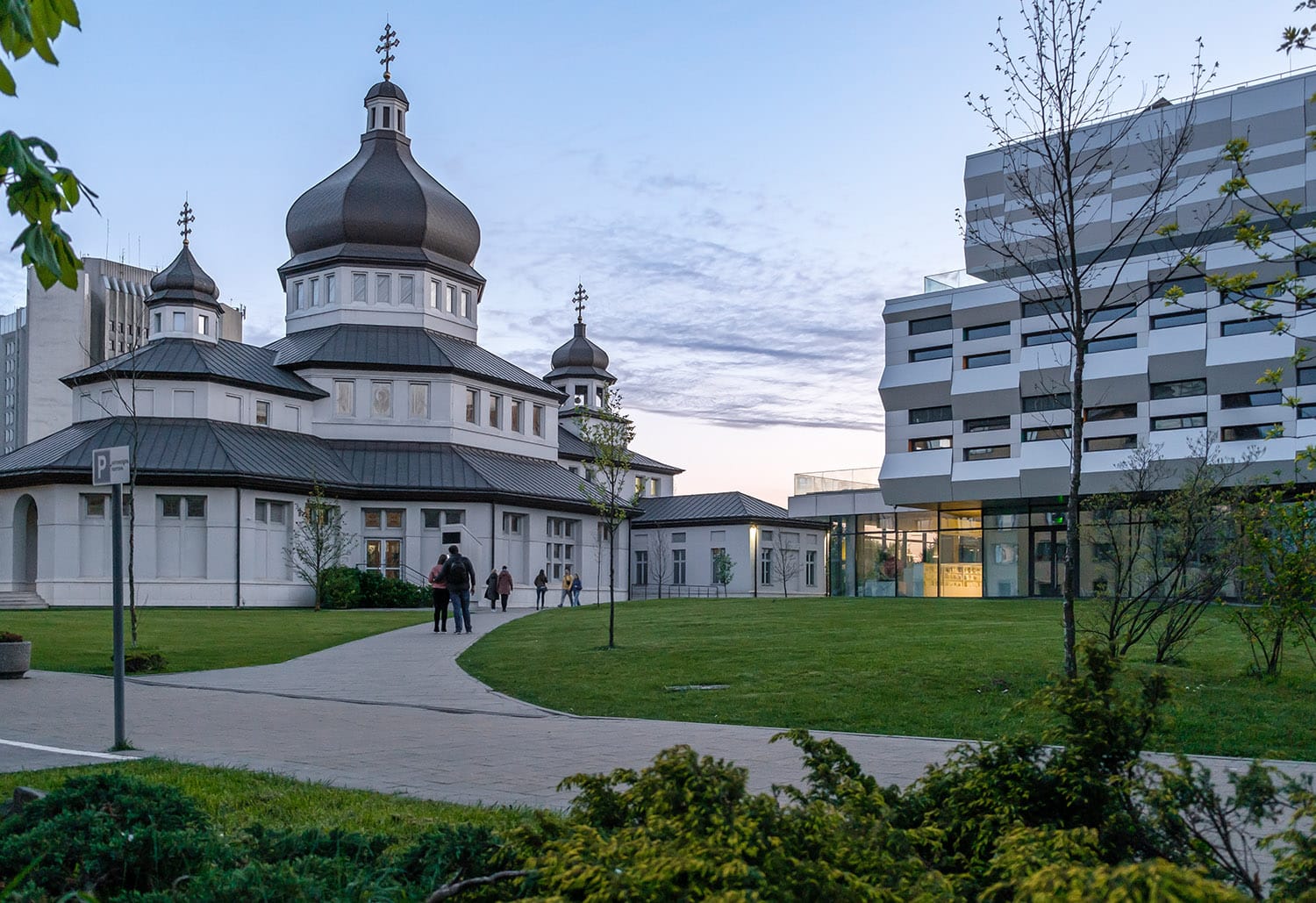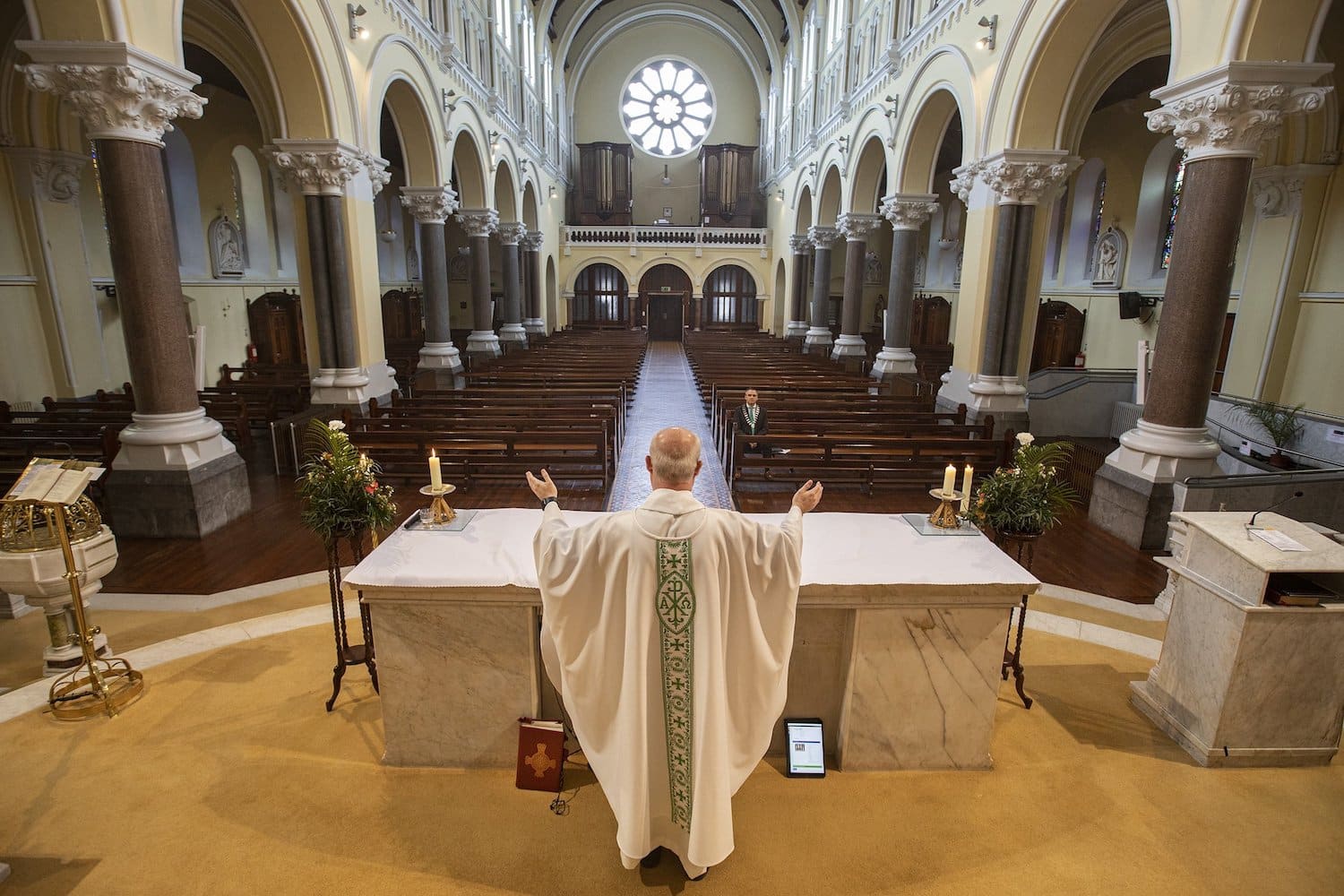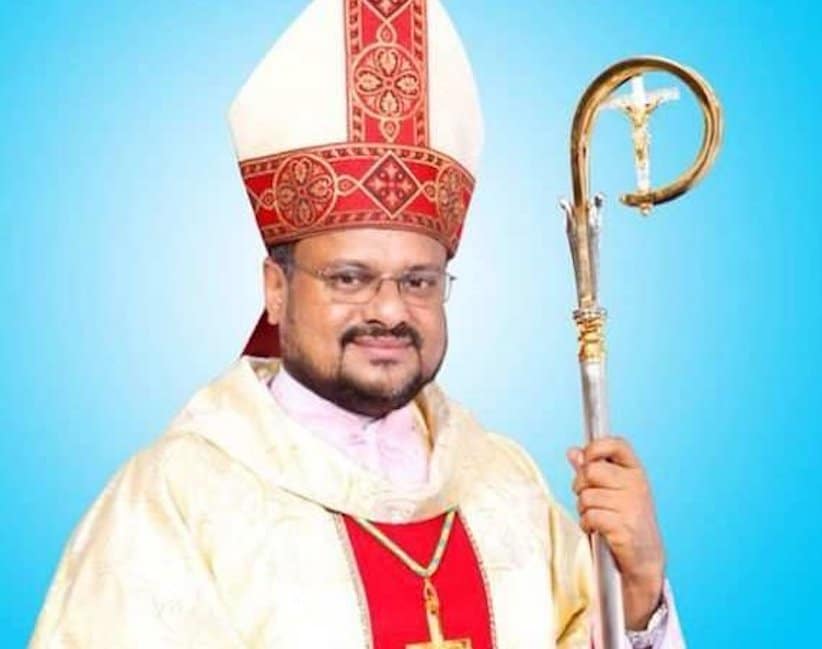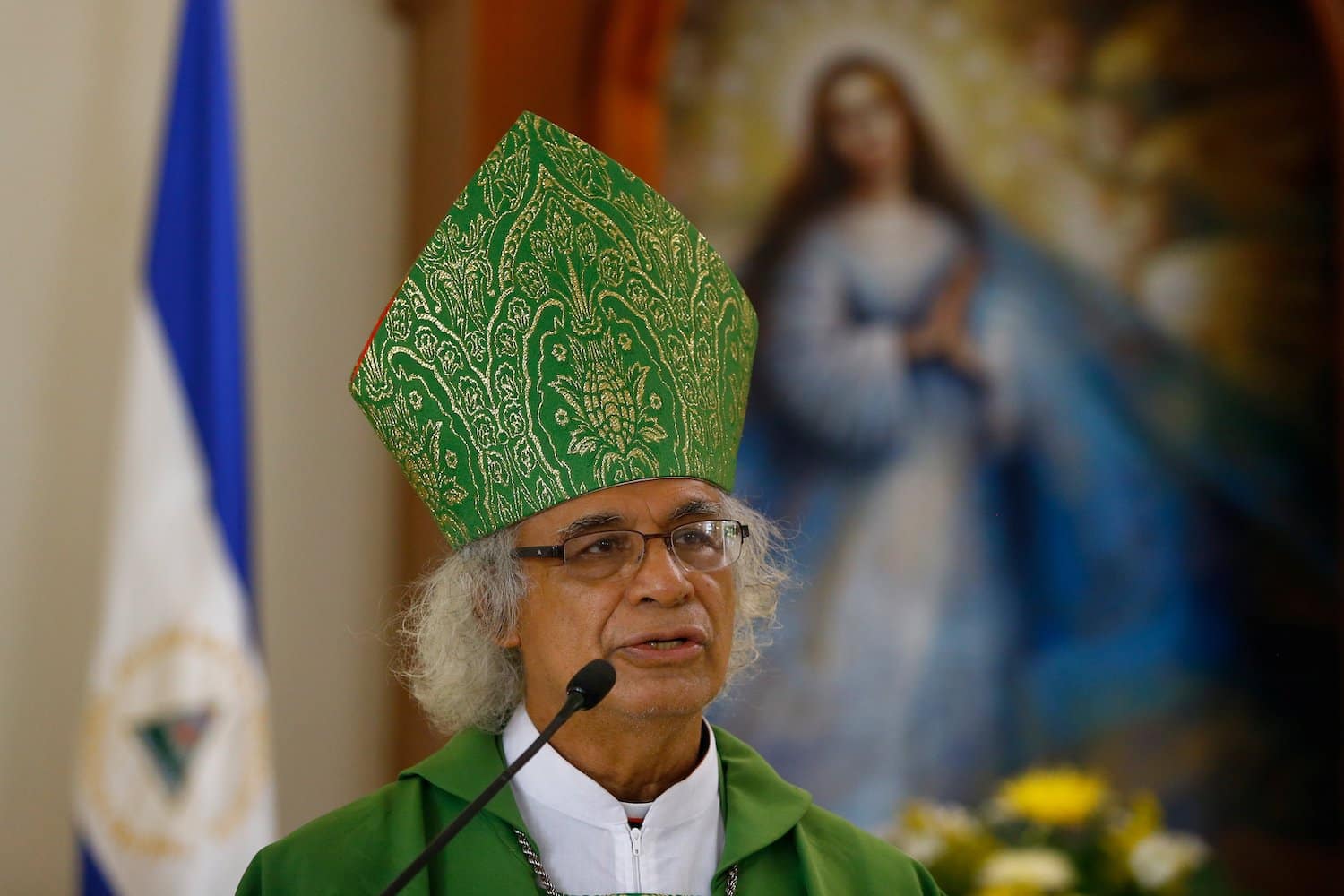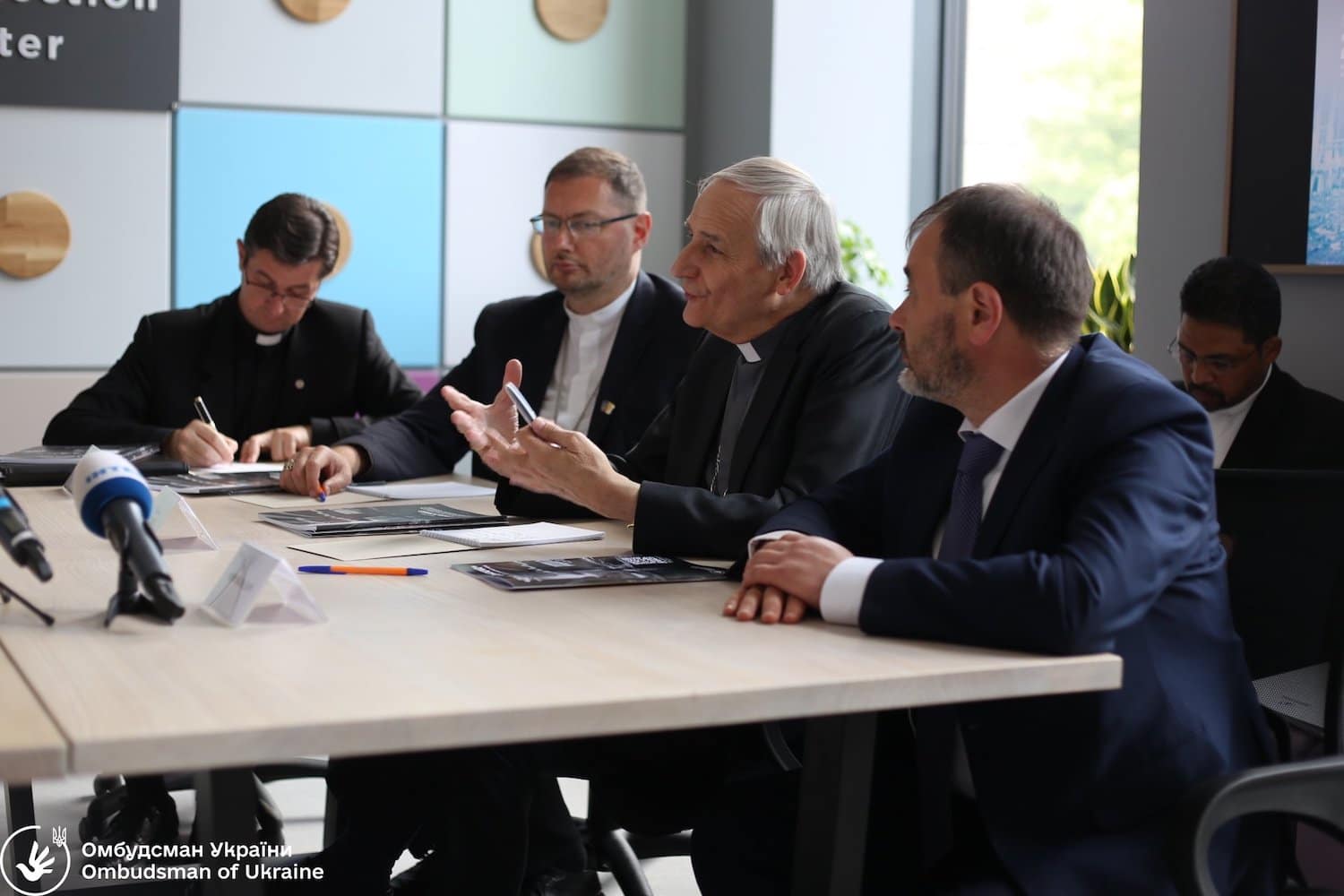(OSV News) — From national television newscasts to radio shows to podcasts, media across France this Pentecost were mesmerized by an annual pilgrimage from Paris to Chartres, 62 miles southwest from the French capital.
Nightly news anchors repeated with joy and a hint of surprise that in a country plagued by secularization, where only 4.5% Catholics attend Mass, a record number of participants joined a 41st annual walking pilgrimage. The theme of this year’s walk May 27-29 was “Eucharist Salvation of Souls,” and 16,000 people participated.
“The pilgrimage is a great school of faith, teaching us that we have to approach everyone individually — that no universal patterns of ministry can be applied, and that in every human being we have to see the past but also the future,” Father Mateusz Markiewicz, secretary-general of the Institute of the Good Shepherd in Courtalain, France, and six-time pilgrim, told OSV News.
“Young people that sign up for the pilgrimage in large numbers are looking for something stable, for the link with those that have been here before them,” Father Markiewicz said. An important symbol on this year’s pilgrimage of that constancy of faith was that the pilgrims carried with them the skull of St. Thomas Aquinas, which is touring France this year ahead of the 700th anniversary of the saint’s canonization on July 18.
Wisdom from John Paul II
Hervé Rolland, vice president of Notre-Dame de Chrétienté, organizer of the pilgrimage, said he has walked the route more than 30 times, always remembering the words of St. John Paul II.
“In 1980, Pope John Paul II urged France by his words: ‘France, the eldest daughter of the Church, are you faithful to the promises of your baptism?'” he told OSV News.” France was supposed to lead the Christian world, and we needed to do something about it.”
In 1982, a group of French pilgrims joined a traditional walking pilgrimage to Czestochowa in Poland, where the famous Our Lady of Jasna Góra Sanctuary is located. There they decided “that we need to do the same thing for Western Europe. That’s how it started in France in 1983,” Rolland told OSV News.
Chartres has been a pilgrimage destination for French people for centuries. In 876, King Charles III, known as Charles le Chauve or Charles the Fat, donated a relic that to this day is one of the most important in France — the veil of the Virgin Mary — to the Chartres cathedral.
The veil of Mary
According to tradition, the veil — a piece of plain cream silk dating from the first century — was worn by Mary at the Annunciation and the Nativity. Before being donated to France, it was preserved in the once thriving Christian city of Constantinople.
The veil escaped the fire of 1194, which ravaged the cathedral and indirectly led to the church’s reconstruction, because it was protected by monks for three days in the crypt. But it only partially escaped the revolutionary fury of 1793. Cut up, only two pieces of the veil have survived, which are visible today in two reliquaries.
“Chartres is one of the first Gothic cathedrals in France, and it really was designed to be a home for this precious relic,” Father Markiewicz told OSV News. “French queens were coming to Chartres before their babies were born to pray to Virgin Mary for a healthy delivery.” Pilgrims walked to Chartres as early as in the 12th century.
Pilgrims of the contemporary Paris-Chartres pilgrimage are organized into groups of 20-60 people that are referred to as “chapters.” The “walk” starts through the streets of Paris, and then journeys into the picturesque French countryside.
“This year, for the first time, we had to close the registration early,” Rolland told OSV News. “We could not accommodate more than the maximum 16,000. But next year we will do our best to accommodate more participants.”
‘A happy walk’
Taking part in the pilgrimage were 330 priests and seminarians. For the sixth time, Father Markiewicz was one of them.
“What is unusual for this walking pilgrimage is that it’s not a penitential walk. It’s a happy walk. And participants vary from traditional Catholics to people they invited and some of them are not even baptized,” the priest said. “Priests have a special role in the pilgrimage and mostly hear confessions for long hours. Seminarians, on the other hand, are among the people, conducting countless conversations.”
During the course of the pilgrimage, participants walk for three days. In France, the Monday after Pentecost Sunday is a holiday, and the long weekend enables more and more people to participate. The number of pilgrims has grown from 3,000 10 years ago to now more than five times more.
“It’s mostly people living in cities. They’re not used to walking 18-20 miles a day,” Rolland said, but whole families accept the challenge.
There are several “chapters” of the pilgrimage — including for adults, families and young people. There also is a “Guardian Angel” group — people from all over the globe who sign up for the pilgrimage but can’t physically come and instead pray at a distance for those walking and their intentions.
The Paris-Chartres pilgrimage is organized by devotees of what is commonly referred to as the traditional Latin Mass. Participants spend the nights camping in their place of daily destination. Luggage is driven from one place to another by trucks that are organized by volunteers. More than 1,000 people organize the annual pilgrimage.
‘What is the direction of our lives?’
Some 1,500 participants attended this year’s pilgrimage from 27 countries, including Poland, Lithuania, Sweden, the Netherlands, Belgium, Italy, Spain and Portugal, among others. Pilgrims also participated from the United States, Australia and, for the first time, Canada. Australia’s late Cardinal George Pell, who died in January, was supposed to have been among their number.
Prior to the fire of April 2019, the pilgrimage traditionally began at the Cathedral of Notre Dame in Paris. It now starts in the nearby church of Saint-Sulpice.
“With the pilgrimage, we ask — what is the direction of our lives,” Rolland told OSV News. “Chartres points us in the direction. The walk is painful, it also is a lot of joy, with difficulties and happiness. No pain, no gain.”
“If you want to attain heaven,” he said, “you need effort and some form of pain, and this is exactly what we do, heading to our destination.”


